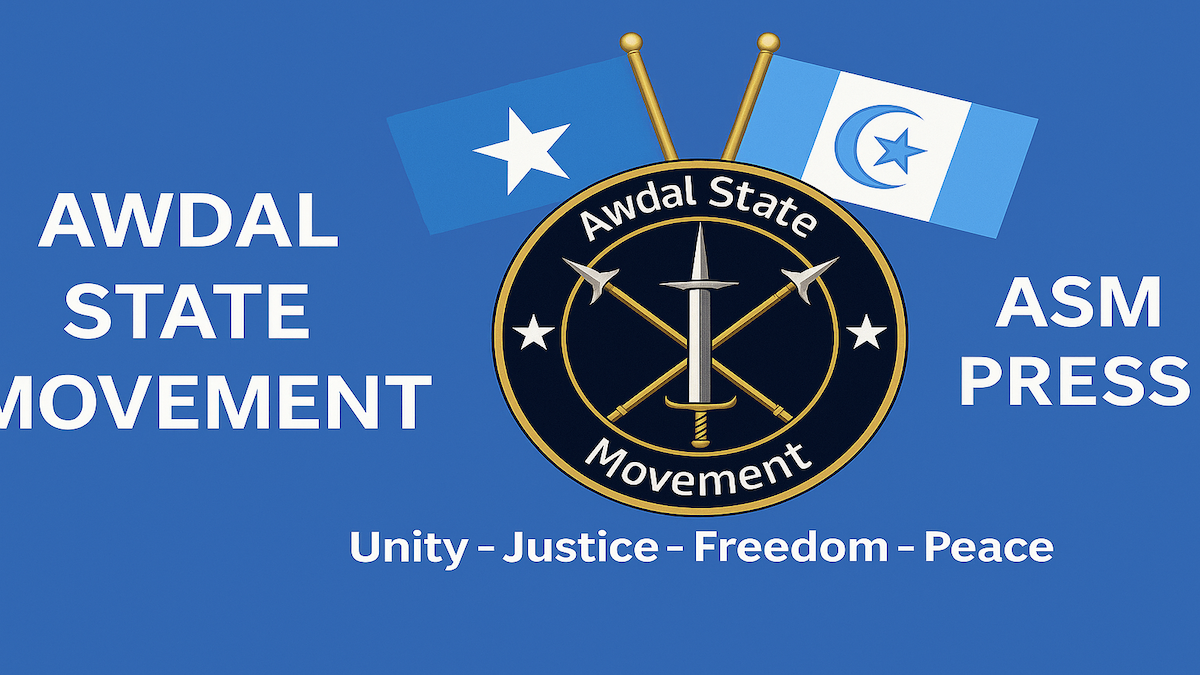Ayrotv.com- Toqoshi- For over 34 years, Somalia has grappled with political instability, a situation that has not only hampered its growth but has also opened the door for external interference from neighbouring countries and other foreign entities. The actions and behaviours of the current leaders of the federal government in Mogadishu, particularly regarding the regions in the north, especially the Awdal region, deserve critical examination and condemnation.
The ongoing tumult in Somalia has provided a fertile ground for Ethiopia and the UAE to meddle in its internal affairs, blatantly violating the nation’s territorial integrity and sovereignty These external powers have exploited the chaos, supplying arms and finances to terrorist groups like Al Shabab, which has further exacerbated the security crisis. Such interference not only undermines Somalia’s stability but also poses a direct threat to its sovereignty.
One of the most striking examples of this betrayal of national interests is the unsettling arrangement that allows foreign governments, particularly that of Djibouti, to hold seats in the Somali parliament. The decision made during the Arta conference to allocate nine parliamentary seats to the Ciise tribe, one of the other minorities tribes (Gabooye) in the Awdal region, raises profound questions. How can a nation justify such a concession to a foreign leader while neglecting the rightful representatives of its own people? If the precedent is set for Djibouti’s influence, will we also entertain similar demands from Ethiopia’s Oromo tribe, claiming a stake in Somali governance due to their purported assistance in the fight against Al Shabab?
Historically, the Ciise tribe garnered an insignificant 0.001% of the votes in the Awdal region during the 1960 elections, yet they are now granted an unmerited representation that disregards the voices of the local populace. This distortion of democracy not only undermines the legitimacy of the federal government but also alienates the rightful inhabitants of the region. It is essential for the federal government and its parliamentarians to prioritize the representation of all regions in the north, ensuring that each has a voice in governance rather than allowing a secessionist group to speak on behalf of others.
Instead of focusing on stability and the fight against Al Shabab, the political landscape is cluttered with opposition politicians who seem intent on opposing the federal government without a coherent vision for the country’s future. Their actions raise suspicions about their true intentions. Are they undermining national security for personal gain or out of sheer incompetence? The analogy holds: if it walks like a duck and sounds like a duck, it is likely a duck.
The Somali people must unite against this masquerade of governance. Accountability is paramount; leaders, parliamentarians, and opposition politicians who betray the trust of their constituents must be held responsible for their actions. The time has come for the citizens of Somalia to demand a government that prioritizes their welfare, respects their democratic rights, and stands firm against external manipulation.
In conclusion, the leaders of the federal government of Somalia must be scrutinized and condemned for their actions that jeopardize the nation’s integrity and the rights of its people. It is imperative to restore genuine representation and accountability in Somalia’s political arena, fostering a united front against both internal and external threats. The future of Somalia depends on it.
By: PROF. BURAALE XINIIN









